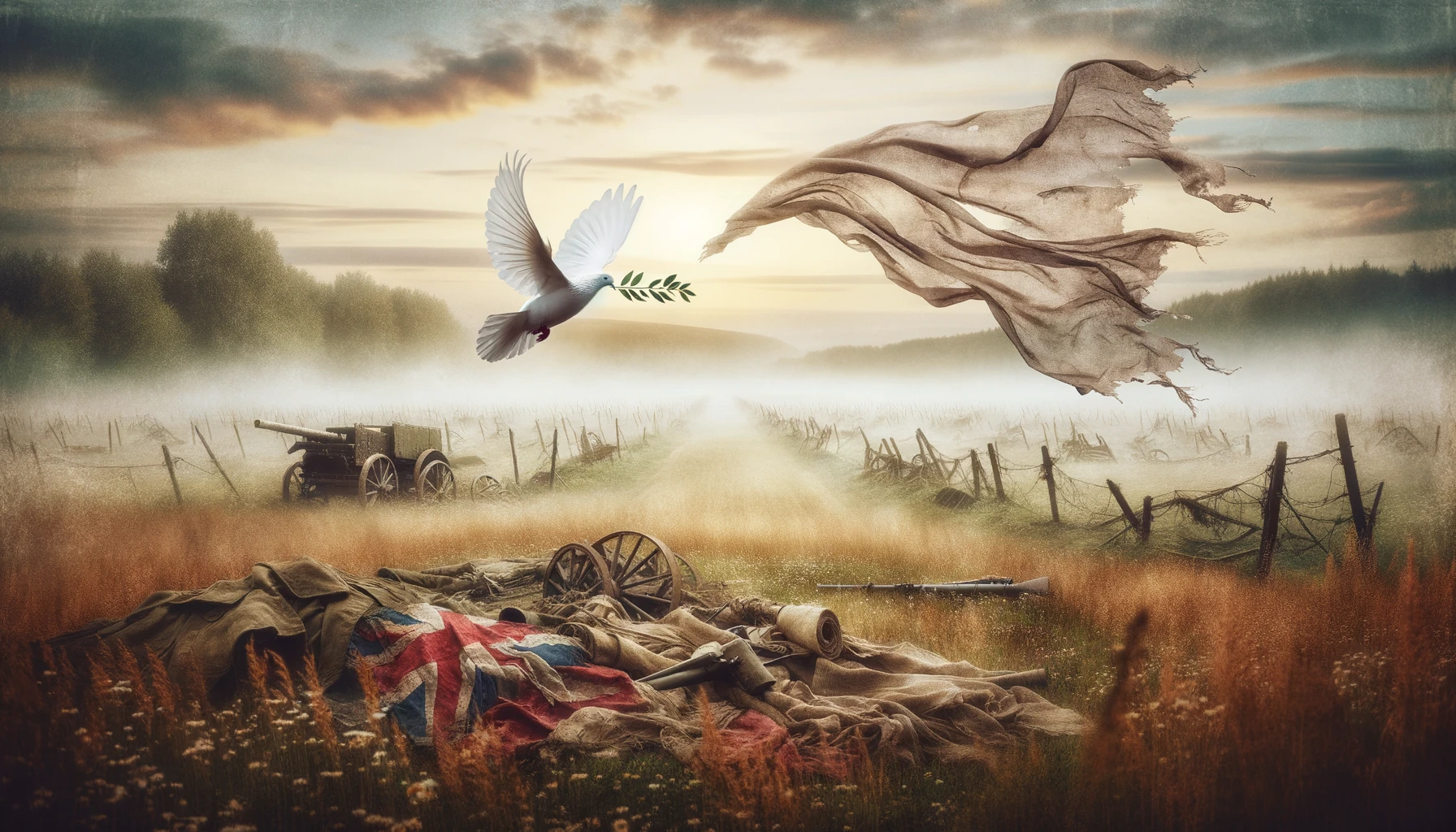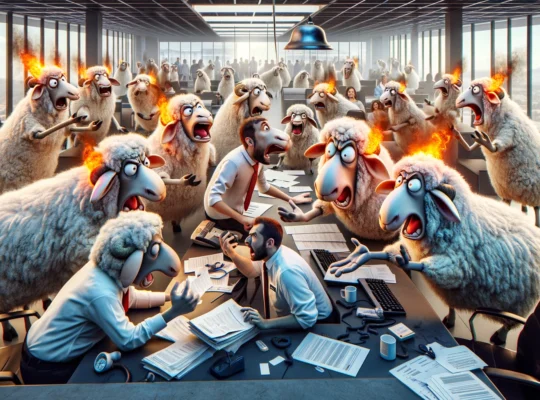Wars have been a tragic constant throughout human history, leading to immense suffering, loss of life, and profound social change. The reasons for war are complex, multifaceted, and intertwined. This article delves into the historical and sociological dimensions of why wars erupt.
1. Ancient Beginnings
In prehistoric times, tribes and clans would engage in conflicts over resources, territories, and dominance. As humanity moved from nomadic lifestyles to settled agrarian communities, the need to defend or expand territorial holdings became crucial.
- Example: Archaeological evidence from ancient Mesopotamia suggests that the world’s earliest civilizations, such as the Sumerians, engaged in wars for territorial control.
2. Economic Reasons
Throughout history, the desire to control valuable resources – be it land, water, minerals, or trade routes – has spurred conflicts.
- Example: The Opium Wars in the 19th century between Britain and Qing Dynasty China were rooted in trade imbalances and control over lucrative commodities.
3. Ideological and Religious Differences
Differing belief systems, be they religious, political, or philosophical, have frequently served as a catalyst for conflict.
- Example: The Crusades (1096-1291) saw European Christians embark on campaigns to reclaim the Holy Land from Muslim rule, driven by religious zeal and the promise of spiritual rewards.
4. Nationalism and Ethnic Tensions
The idea of nationhood and ethnic identity can unite people but can also set them against those perceived as “others.”
- Example: The Balkans in the late 20th century saw devastating conflicts rooted in ethnic and nationalistic tensions, leading to the dissolution of Yugoslavia.
5. Power and Imperialism
The desire for global dominance has led empires and nations to wage wars to expand their influence and control.
- Example: The colonization of Africa in the 19th and 20th centuries by European powers was driven by a mix of economic interests and a race for dominance.
6. Psychological and Social Aspects
Human nature, group dynamics, and the psychology of leadership can also play roles in the onset of wars. Concepts like honor, revenge, or the desire for glory can influence decisions.
- Example: The Trojan War, as described in ancient Greek literature, was fueled by honor, pride, and personal grievances, alongside political motivations.
7. Political and Diplomatic Failures
Diplomacy serves as a tool to prevent conflicts. However, misunderstandings, misjudgments, or outright failures can escalate tensions.
- Example: The events leading to World War I were marked by a complex web of alliances, political miscalculations, and the assassination of Archduke Franz Ferdinand of Austria.
8. Technological and Strategic Considerations
Advancements in technology and strategy can sometimes embolden nations to engage in wars, thinking they have an upper hand.
- Example: The rapid military advancements in the early 20th century, from machine guns to tanks, played a role in the devastation of World War I and II.
9. The Role of Propaganda
The manipulation of information, either to galvanize support for a war or demonize an enemy, has historically played a part in leading nations to conflict.
- Example: During World War II, both the Allies and the Axis powers used propaganda extensively to mobilize their populations and justify their actions.
Concluding Thoughts
The reasons for wars are as varied as they are numerous. They often overlap, creating a tapestry of interwoven motivations and catalysts. Studying the causes of wars is not just an academic exercise but a crucial endeavor to prevent future conflicts. By understanding the roots of past wars, societies can work towards diplomatic solutions, promote mutual understanding, and strive for a world where disputes are resolved without resorting to violence.















